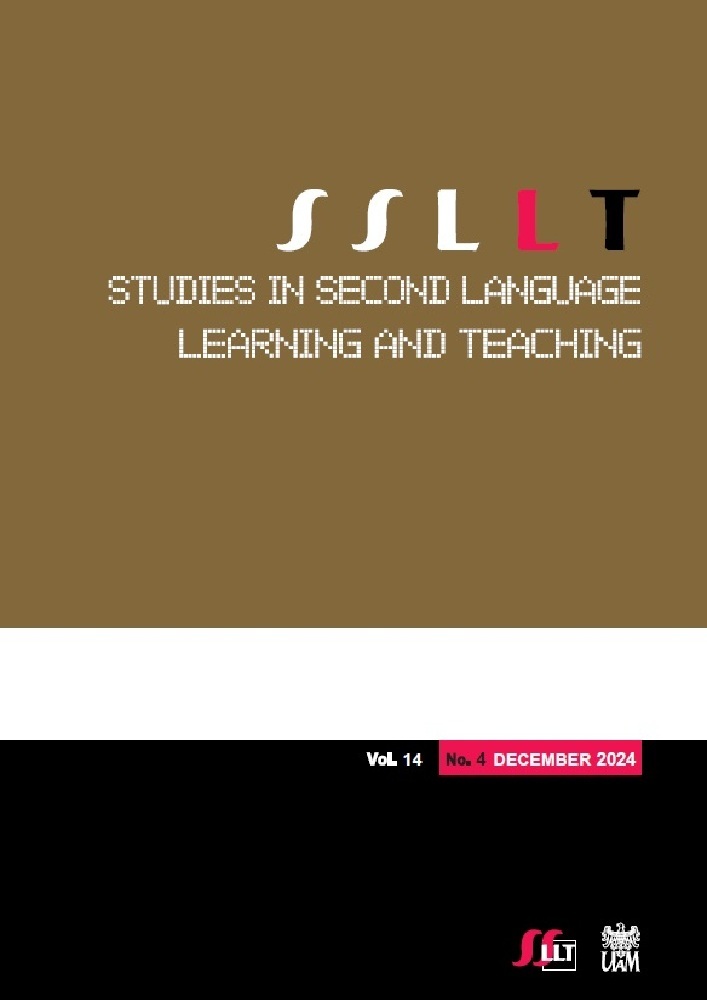Young beginning learners’ vocabulary learning via input and output tasks: The role of working memory
Young beginning learners’ vocabulary learning via input and output tasks: The role of working memory
Author(s): Mark Feng TengSubject(s): Foreign languages learning, Lexis, Language acquisition
Published by: Uniwersytet Adama Mickiewicza
Keywords: input tasks; output tasks; vocabulary learning; vocabulary retention;
Summary/Abstract: Working memory (WM) is essential to vocabulary learning. However, limited attention has been paid to young beginner learners’ vocabulary development under various task conditions from the perspective of WM. This study investigates how two types of WM – complex WM and phonological short-term memory – may influence two instructional approaches (i.e., input and output tasks) on picking up new words. 93 young learners studying English as a foreign language (EFL) participated in input and output tasks and four vocabulary assessments. These assessments functioned as a pretest, immediate posttest, and delayed posttest. The participants also took two WM tests: an operation span test for complex WM and a word repetition test for phonological short-term memory. The results demonstrated that: (1) both input and output tasks significantly influenced the learning and retention of new words, (2) complex WM did not substantially predict task effects on the learning and retention of new words, and (3) phonological WM had a notable impact on learning and retaining new words under the input and output task conditions. The findings emphasize the role of WM for EFL young learners’ vocabulary learning through tasks.
Journal: Studies in Second Language Learning and Teaching
- Issue Year: 14/2024
- Issue No: 4
- Page Range: 731-767
- Page Count: 37
- Language: English

